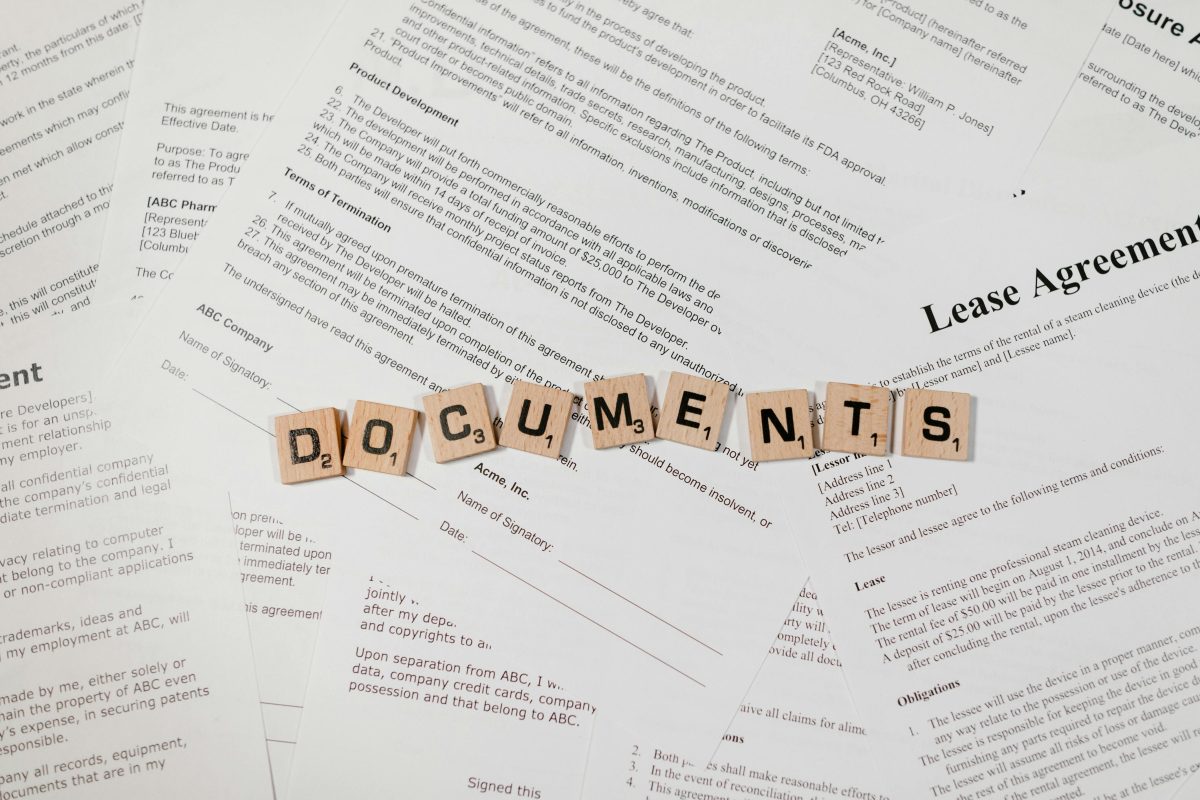Contractor tax for enterprise providing services in Vietnam
Foreign enterprises that perform all or part of their business activities in Vietnam, including the distribution of goods and the provision of services, and the enterprises are the owner of the goods or the party primarily responsible for the results of the services, must pay attention to the contractor tax obligation, except for some cases that are not subject to contractor tax. Contractor tax rates are significant, so identifying the tax foreign enterprises must pay precisely will help them determine the contract value during the negotiation stage. In this regard, we would like to share with you some points that foreign contractors need to pay attention to when providing services in Vietnam to ensure compliance with contractor tax obligations.

1. Determining whether services provided by foreign contractors in Vietnam are subject to VAT
This is the first thing that foreign contractors need to pay attention to. Based on the name and nature of the service, foreign contractors shall compare with the provisions of Vietnamese law to determine whether the type of service they provide is subject to VAT or not. Accordingly, foreign contractors must pay VAT when providing services in Vietnam if the service or service related to goods is subject to VAT provided in Vietnam by foreign contractors or foreign subcontractors and consumed in Vietnam, or provided outside Vietnam but consumed in Vietnam.
So, there are two main issues foreign contractors need to consider: determining whether the services they provide are subject to VAT in Vietnam and whether those services are consumed in Vietnam. Currently, several types of services are exempt from VAT in Vietnam, such as Financial services; Medical and veterinary services; Postal, telecommunications, and public Internet services provided under a government program; Postal and telecommunications services from foreign countries into Vietnam; Technology transfer as per the Law on Technology Transfer; Intellectual property rights transfer as per the Law on Intellectual Property; Computer software, including software products and software services
2. Determining Corporate Income Tax (CIT) Liability for Foreign Contractors in Vietnam
According to regulations, foreign contractors are generally subject to CIT in Vietnam if their income is derived from services or services related to goods provided in Vietnam under a contractor or subcontractor agreement basis; Or in cases where such income arises in Vietnam under specific circumstances that do not depend on the location of business activities of the foreign contractor or foreign subcontractor, including:
- Income from the transfer of ownership or usage rights of assets; the transfer of rights to participate in economic contracts/projects in Vietnam; and the transfer of property rights in Vietnam.
- Income from royalties is any form of payment received for the right to use, transfer intellectual property rights, transfer technology, or software copyrights (including payments for the right to use, transfer authorship and ownership rights of works; transfer of industrial property rights; technology transfer; software copyrights).
- “Intellectual property rights”, “ownership rights to works”, “industrial property rights”, and “technology transfer” are regulated in the Civil Code, the Law on Intellectual Property, the Law on Technology Transfer, and documents guiding the implementation.
- Income from the transfer or liquidation of assets.
- Income from Interest on Loans: This includes income from all types of loans, whether or not the loan is secured by collateral, and whether or not the lender has the right to share in the borrower’s profits. It also includes income from interest on deposits (except for interest on deposits of foreign individuals and interest on deposits arising from accounts maintained in Vietnam to support the operations of diplomatic missions, representative offices of international organizations, and non-governmental organizations in Vietnam), including any interest deposit bonuses (if any); income from late interest payments as stipulated in contracts; income from interest on bonds, bond discounts (except for tax-exempt bonds), and treasury bills; and income from interest on certificates of deposit.
- Interest on loans includes all fees the Vietnamese party must pay as stipulated in the contract.
- Income from the transfer of securities.
- Penalties and compensation received from a breaching contract party.
- Other income according to law.
Please note that there are certain circumstances in which a foreign contractor will not be subject to the foreign contractor tax (FCT).
3. Specific Examples of Foreign Contractor Tax (FCT) Application
- A foreign enterprise enters into a contract with a Vietnamese enterprise to provide cloud services. According to regulations, this service is subject to foreign contractor tax (FCT). If foreign contractors provide software services, they are not subject to VAT and apply a CIT rate of 5% on taxable revenue. If not software services, a VAT rate of 5% and a CIT rate of 5% apply.
In cases where the services provided by a foreign contractor include copyrights, the Corporate Income Tax (CIT) rate for copyrights is 10% of the taxable revenue.
- Foreign contractor H from South Korea, which does not follow Vietnamese accounting standards, enters into a contract with Vietnamese enterprise B for the supply of a production line of machinery and equipment along with installation, operation, and testing services. The total contract value is USD 10,000,000. The contract does not separately specify the value of the machinery and equipment and the value of the installation, operation, and testing services. In this case, the applicable VAT rate is 3%.
- Company A, a foreign company, provides international courier services, from abroad to Vietnam and vice versa. Company A’s VAT taxable turnover is determined as follows: For express delivery services from abroad to Vietnam (regardless of whether the sender abroad or the recipient in Vietnam pays for the service), it is not subject to VAT; For express delivery services from Vietnam to abroad (regardless of whether the sender in Vietnam or the recipient abroad pays for the service), the VAT taxable turnover is the entire revenue received by Company A.
In addition, after determining that the services provided by a foreign contractor in Vietnam are subject to contractor tax, including VAT and CIT, the parties must pay attention to clearly state in the contract whether the contract value includes contractor tax or not. In other words, the value recorded in the contract is the amount of money the foreign contractor shall receive, or the foreign contractor will receive the corresponding contract value after the other party has deducted foreign contractor tax to pay on the foreign contractor’s behalf and transferred the remaining amount to the foreign contractor. Regarding the obligation to declare and pay contractor tax, current law requires the Vietnamese party, which is the paying party, to be responsible for withholding (if the contract so stipulates), declaring and paying foreign contractor tax on behalf of the foreign contractor. It comes from the fact that the Vietnamese tax authority will control the party that has operations on Vietnamese territory.
For Vietnamese enterprises, please note that the Company is entitled to deduct VAT based on the documentation of VAT payment for the foreign subcontractor. For CIT, if the subcontract with the foreign subcontractor stipulates that the revenue received by the foreign subcontractor does not include CIT, the CIT paid on behalf of the foreign subcontractor will be considered as deductible expense when determining the taxable income subject to CIT.
Time of writing: 14/03/2024
The article contains general information which is of reference value, in case you want to receive legal opinions on issues you need clarification on, please get in touch with our Lawyer at info@cdlaf.vn

Why choose CDLAF’s service?
- We provide effective and comprehensive legal solutions that help you save money and maintain compliance in your business;
- We continue to monitor your legal matters even after the service is completed and update you when there are any changes in the Vietnamese legal system;
- Our system of forms and processes related to labor and personnel is continuously built and updated and will be provided as soon as the customer requests it;
- As a Vietnamese law firm, we have a thorough understanding of Vietnam’s legal regulations, and grasp the psychology of employees, employers, and working methods at competent authorities;
- CDLAF’s team of lawyers has many years of experience in the field of labor and enterprises, as well as human resources and financial advisory.
- Strict information security procedures throughout the service performance and even after the service is completed.
You can refer for more information:
- Real estate ownership rights in Vietnam for foreign enterprises according to the provisions of the latest Land Law 2024
- How to Control Information Security Issues in Enterprises
- Foreign contractor tax obligations of foreign investors when conducting business in Vietnam (Part 1)










